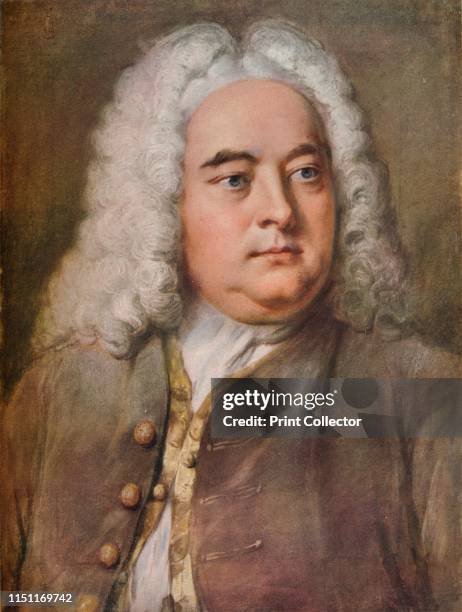Handel’s Messiah as the Whole Story
Handel’s Messiah is arguably one of the world’s most-heard pieces of music. I’ve considered Messiah more of a piece for Easter, although I think the American public tends to think of it as more associated with Christmas. So I’m going to highlight this great piece of music as Easter approaches.
Musicologist and Professor of Music Emeritus Alvin Stapert recently published some amazing insights into the text and music of the great work in Touchstone magazine. An interview on the same topic is here.
For more information and inspiration, listen to this 40-minute interview with him by Albert Mohler. One thing you might not know about the libretto of Messiah is that it was collected in order to counter the popular notion of deism—a belief in the existence of a creator God who, unlike in the Christian faith, does not intervene in human affairs. Many of the early fathers of the United States, are said to have been deists.
To hear and see a wonderful recording of the entire oratorio, go here:
https://www.wolfemusiced.com/blog/handels-entire-messiah?rq=entire.
Subscribe to receive an email notice when I post a new blog article.
Please leave a comment here on the original post if you like.
